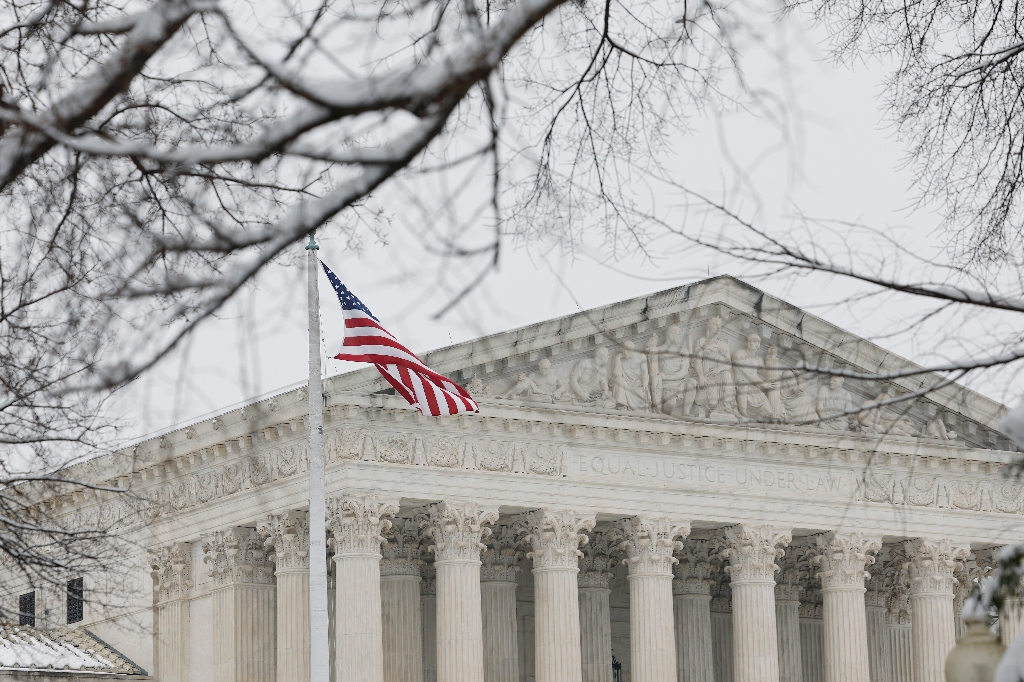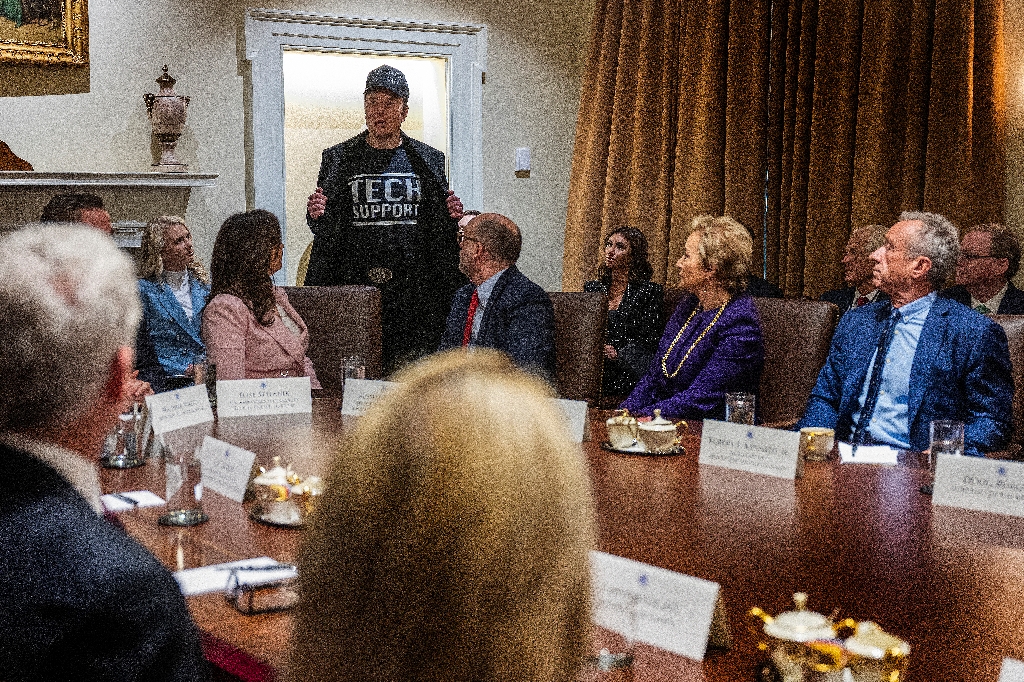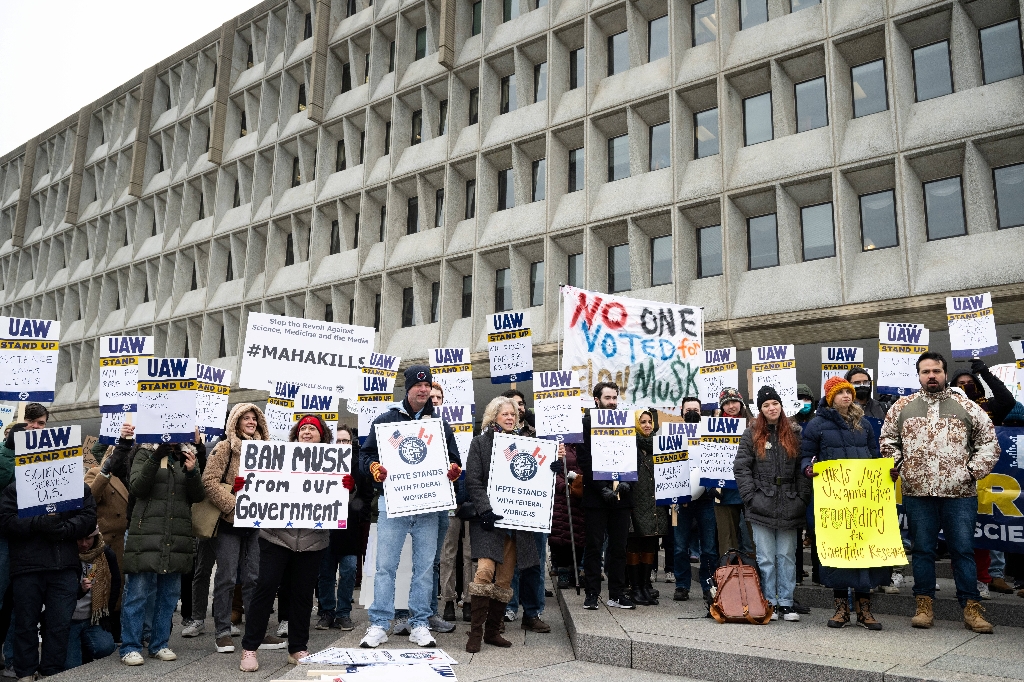(AFP) – The US Federal Reserve will “adapt” to policy changes made by the administration of US president Donald Trump, but would struggle to “disentangle” how those changes affect inflation from other factors impacting the American economy, a senior bank official said Wednesday.
Since his return to the White House last month, Trump has threatened to impose sweeping tariffs on major US trading partners including China and the European Union, and pledged to slash taxes and deport millions of undocumented workers. Many economists have criticized the administration’s tariff proposals as inflationary — a charge strongly denied by the US president and his economic advisors, who say they are an important negotiating tool to promote American interests.
“The Fed’s job is to monitor and adapt to the conditions, whatever they are,” Chicago Fed President Austan Goolsbee told AFP in an interview, adding that the independent US central bank had made “a lot of progress” on inflation and was still on track to hit its long-term target of two percent. But if inflation reignited, the Fed would have to “try to disentangle which parts of the inflation are indicators of potential overheating of the economy, which the Fed should pay close attention to, and which are temporary supply chain kind of factors,” he said.
“That disentanglement is not going to be that easy,” added Goolsbee, who is a voting member of the Fed’s rate-setting committee this year, without referring to Trump by name.
– ‘Conditions have not changed’ –
As the independent US central bank, Fed officials typically do not comment on US government policy. But they must still take those decisions into account when setting monetary policy — which they do primarily by raising or lowering the bank’s benchmark short-term lending rate. Changes to the federal funds rate feed through into borrowing costs for consumers and businesses, affecting the price of everything from mortgages to car loans.
Last month, policymakers voted to pause after three consecutive cuts, holding rates at between 4.25 and 4.50 percent and hinting at a slower, more data-dependent path ahead. “It’s extremely important when watching inflation to take a through line, not follow every blip up and down,” Goolsbee said. “In my mind, overall, the conditions have not changed.”
“I’m still of the view that the through line shows pretty clearly we’re on path, and it would take multiple months and multiple types of observations to knock me off,” he said, adding he still expected rates will be “a fair bit lower” in 12 to 18 months than they are today.
– Fed independence ‘extremely important’ –
Trump has departed from recent tradition by publicly criticizing the Fed when he disagrees with its decisions, although he has so far held off from any direct attempts to weaken its Congressionally-approved independence over monetary policy. Last month, Trump said he understood interest rates “much better” than Fed policymakers — including Fed chair Jerome Powell, whom he first appointed to run the US central bank.
“There is virtual unanimity among economists that central bank independence is extremely important,” Goolsbee told AFP on Wednesday. “And that independence means the sitting administration cannot tell the central bank how to set the interest rates.”
“The reason why it’s close to unanimous among economists is if you just go look at countries where that is not true, inflation is worse, unemployment is worse, and growth performance is worse,” he said.
– Daniel AVIS
© 2024 AFP









